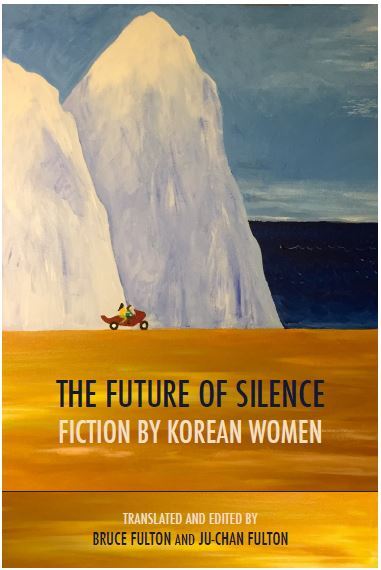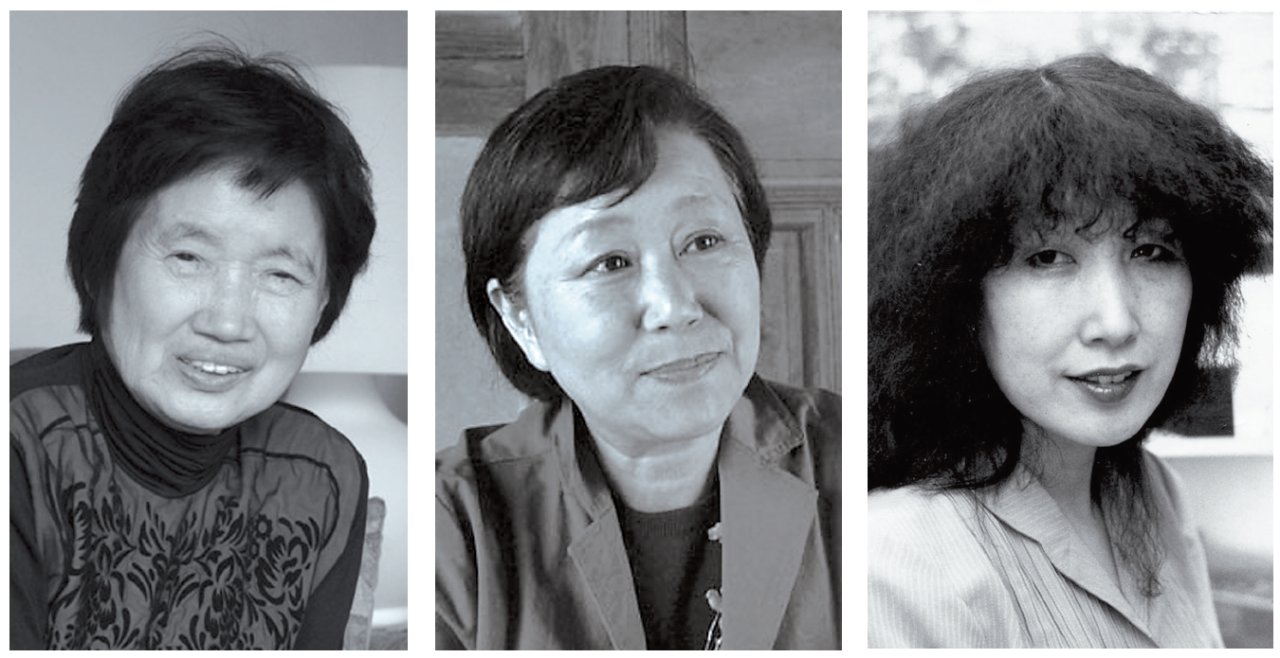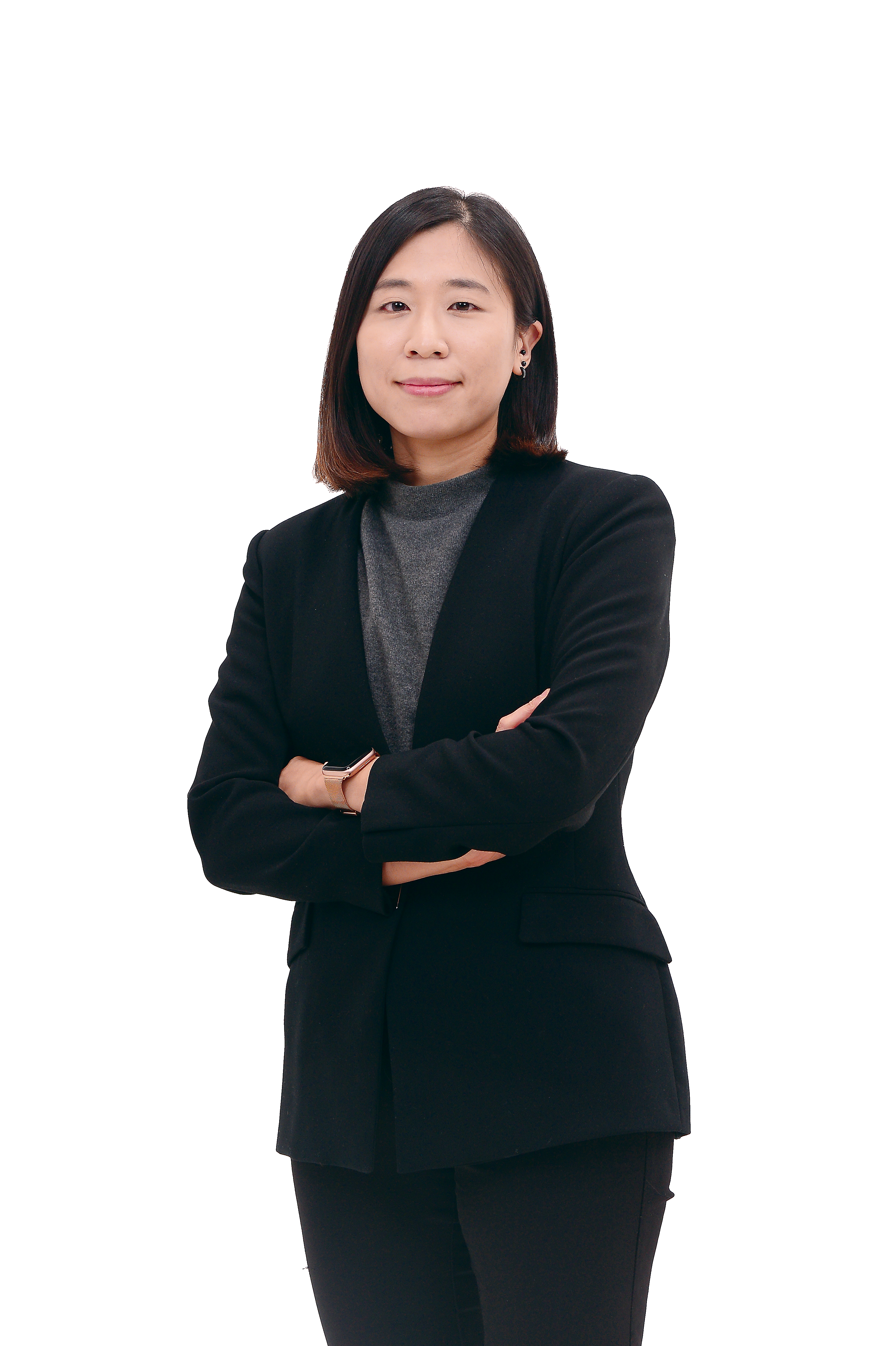[Book Review] In ‘Future of Silence,’ Korean women’s voices resound across generations
By Beth Eunhee HongPublished : Feb. 24, 2022 - 20:00

We turn to literature to understand ourselves and others, across boundaries of time, space, and culture. When fictional characters reveal the whole, unvarnished truth of their lives, it can be a mirror to our own.
Readers may experience such moments of recognition while reading “The Future of Silence: Fiction by Korean Women,” a collection of nine short stories spanning five decades from the 1970s to 2010s. In them, women find themselves in situations ranging from the Kafkaesque to the banal.
The authors in this collection are all heavyweights in Korea’s literary scene. They include Park Wan-suh (“Identical Apartments,” 1974), So Yong-un (“Dear Distant Love,” 1983), Oh Jung-hee (“Wayfarer,” 1983), Kim Chi-won (“Almaden,” 1988), Gong Sun-ok (“The Flowering of Our Lives,” 1994), Cheon Un-yeong (“Ali Skips Rope,” 2008), Kim Sagwa (“Today Is One of Those The-More-You-Move-the-Stranger-It-Gets Days, and It‘s Simply Amazing,” 2010), Han Yu-joo (“I Ain’t Necessarily So,” 2012) and Kim Ae-ran (“The Future of Silence,” 2012).
While all nine stories are powerful and illuminating in their own right, three in particular were personally memorable for their relevance to my present day experience and understanding of Korean womanhood. Despite the wide generational, cultural, and social gaps between the women in these stories and I, their voices were the ones that lingered for many days after my encountering them. I saw and felt their presence as I moved through Seoul – past high rise apartments, rundown alleys strewn with soju bottles, and dimly-lit bars at dusk.
Before Cho Nam-joo, the titan of feminist Korean literature was Park Wan-suh. It would not be an exaggeration to say that Park is to Korea what Margaret Atwood is to Canada in terms of literary stature and reputation. Park’s works touched on not only women’s struggles in a patriarchal society, but also the fallout from the Korean War, and the hypocrisies of middle-class Korean society after industrialization in the 1960s. It is in the latter vein that Park wrote her 1974 short story “Identical Apartments.” She captures the desperate, small meanness of Korean middle class urban life through the eyes of a young married woman with two children. The unnamed narrator muses, “And so I waste day after day as I, Chori’s mom, and women in other apartments try to live better than others, but instead end up resembling one another.” Her desperation to win this empty contest mounts to an almost unbearable resolution. Though Park passed away in 2011, the many works she left behind, including this one, continue to wield an unflinching spotlight on sentiments that permeate the collective consciousness of Korean urban dwellers today.

Oh Jung-hee is renowned for her terse, intense stories featuring women in deeply dysfunctional situations. In her 1983 “Wayfarer,” Hye-ja is a woman who is recently discharged from a mental hospital for a fatal act of self-defense. Though she has been betrayed and abandoned by her family, her social circle, and the legal system, she persists in seeking spiritual and financial rebirth. Unearthing her old love and talent for making puppets, Hye-ja is clear headed and determined to survive on her own. “This was exactly the meaningful work she wanted, and she could earn a bit of money doing it. It would be a wonderful thing to do, and it made perfect sense.” The story is not a fairy tale of redemption, nor does it unfold as one. But Hye-ja felt more real and powerful to me than the women who suffer silently and slowly go insane in so many other well-known works of Korean literature. In fact, she goes the reverse route: she is labeled insane, and then comes back to reclaim her life and personhood. If, as the late Joan Didion said, we tell ourselves stories in order to live, this is the one I would rather tell to get through my own dark night of the soul.
Deep disillusionment with married life is a common motif in Korean literature, as some readers may have noticed. An unnamed woman in Kim Chi-won’s 1988 short story “Almaden” runs a liquor shop with her emotionally distant husband in New York City, and fantasizes about a passionate affair with a white customer she calls “Almaden” -- after the brand of white wine that he always buys. She is more enamored with the idea of being able to openly express her desires than with the man himself. The unnamed woman contemplates the source of her unhappiness while observing the American couples who frequent her store. “They were the chosen people, people whose eyes didn’t have to be dark, whose hair didn’t have to be black, people who weren’t afraid to express their affection.” She recalls her own courtship in Korea, where “lovers didn’t embrace in parks, or subways, or other public places.” Kim, who passed away in 2013, resettled in New York City with her husband during the 1970s. Her personal experiences are reflected in her character’s observations of Korean and American culture, and are surprisingly relevant even today. Unspoken rules of propriety still exist in many public spaces in Korea, where couples are rarely seen engaging in public displays of affection. While “Almaden” may seem quaint in the ocean of Korean diaspora literature, its sparse, cinematic prose lends it an uncanny timelessness.
By Beth Eunhee Hong (bethhong@heraldcorp.com)








![[KH Explains] Hyundai's full hybrid edge to pay off amid slow transition to pure EVs](http://res.heraldm.com/phpwas/restmb_idxmake.php?idx=644&simg=/content/image/2024/04/18/20240418050645_0.jpg&u=20240419100350)







![[From the Scene] Monks, Buddhists hail return of remains of Buddhas](http://res.heraldm.com/phpwas/restmb_idxmake.php?idx=652&simg=/content/image/2024/04/19/20240419050617_0.jpg&u=20240419175937)

![[KH Explains] Hyundai's full hybrid edge to pay off amid slow transition to pure EVs](http://res.heraldm.com/phpwas/restmb_idxmake.php?idx=652&simg=/content/image/2024/04/18/20240418050645_0.jpg&u=20240419100350)

![[Today’s K-pop] Illit drops debut single remix](http://res.heraldm.com/phpwas/restmb_idxmake.php?idx=642&simg=/content/image/2024/04/19/20240419050612_0.jpg&u=)